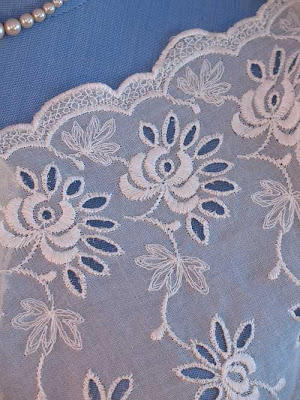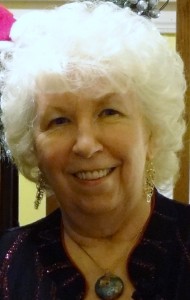
On Sunday, October 17, Brother André Bessette, founder of St. Joseph’s Oratory in Montreal, was canonized and is now Saint André. Thinking about him made me remember this lovely poem, written by Raymond Fraser. The poem first appeared in the collection Waiting For God’s Angel and it was also included in the selected poems, Before You’re A Stranger. Ray said I could publish it here — and here it is. I’m sure you’ll like it.
St. Joseph’s Oratory
It’s like a festival day Sunday afternoon at St. Joseph’s
Oratory
although it was cold today when we went
the church and the yard were alive with various people
families and sweethearts, priests, pilgrims, urchins,
old folks
they came by foot up the long pathway or drove in
family cars
or came in pilgrim buses making a special tour
the restaurant that looks like a beach house was full
with people eating hotdogs and French fries and
sandwiches
and the souvenir shop was crowded
we went into the church Sharon and I and looked at
Brother André’s heart
and at his robes and shoes and rubbers and his hat
and photographs of him
and we saw him in the wax likeness in his bedroom and
his office
and dying in the hospital
we saw his picture everywhere on magazine covers and
souvenirs and colour slides
and we saw the place where he’s buried without his
heart
beside two coin boxes
while we were there a young husband and wife placed
their infant
on his casket and said some prayers
there were long rows of candles climbing halfway up the
wall
some lit and others waiting to be lit for a donation

we rode the escalator to the unfinished basilica with its
massive organ
that thundered terrifying Catholic music
and its Egyptian-looking arches
earlier we’d been to the downstairs chapel where a
priest
was giving a sermon in French
while tourists walked in and out
giving the place the once-over
we didn’t buy any relics or grace or merit of any kind
we saw in the guest book at Brother André’s tomb that
Adam and Eve
had been there because they’d signed their names and
they were from Montreal
when we left the church we went to the cafeteria and
had hotdogs
and hot chocolate and then we went up to Brother André’s
original little chapel
and looked at his room upstairs
we saw his statue of Christ with torn bloody flesh looking
like
something from a chamber of horrors
bloody and gouged like he’d been torn apart by lions
and we saw Brother André’s extra bed where he kept a
friend for company
because of the visits he had from the Evil One which
must have been harrowing
and then we went home half-froze from waiting for a
bus






